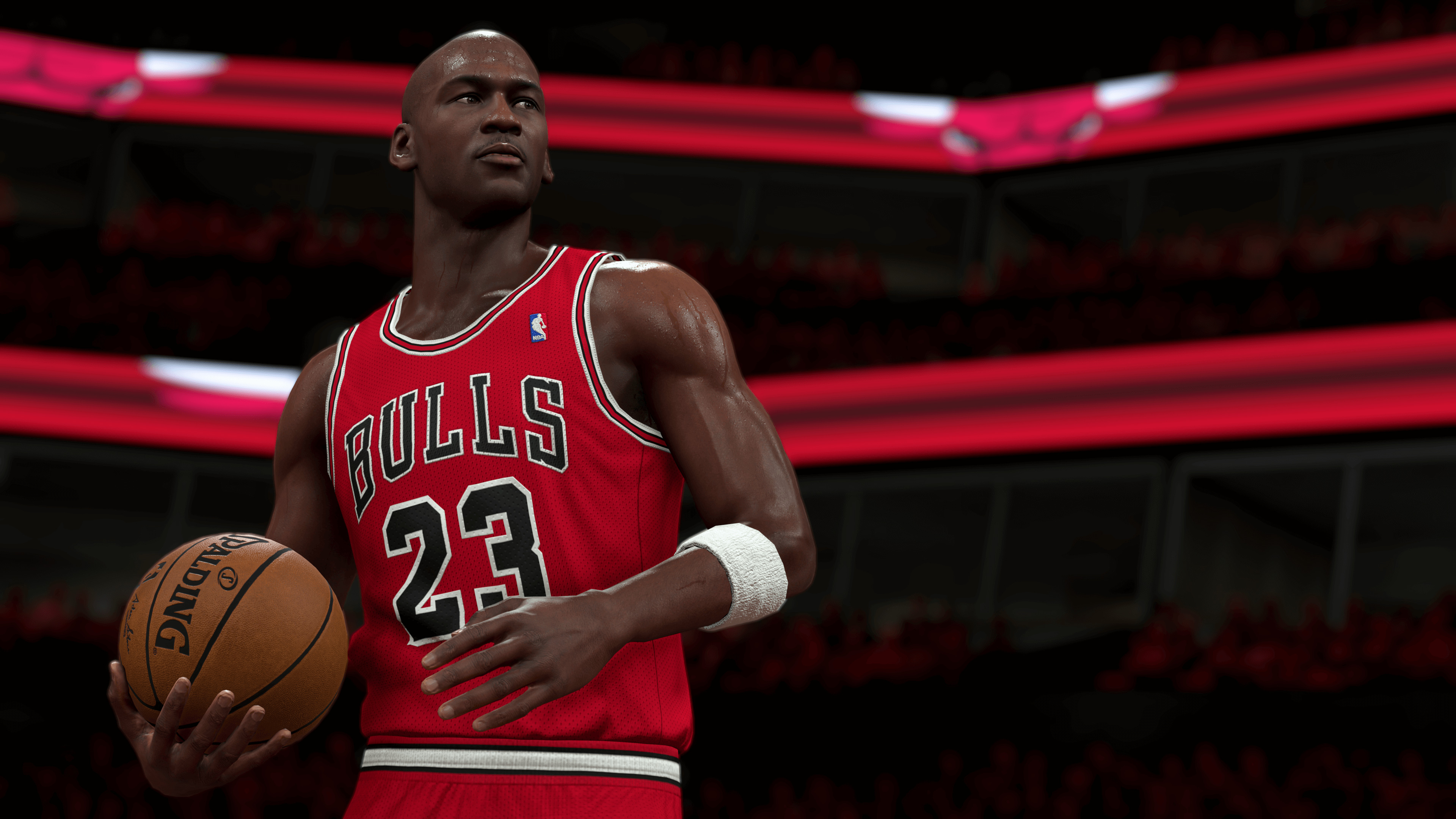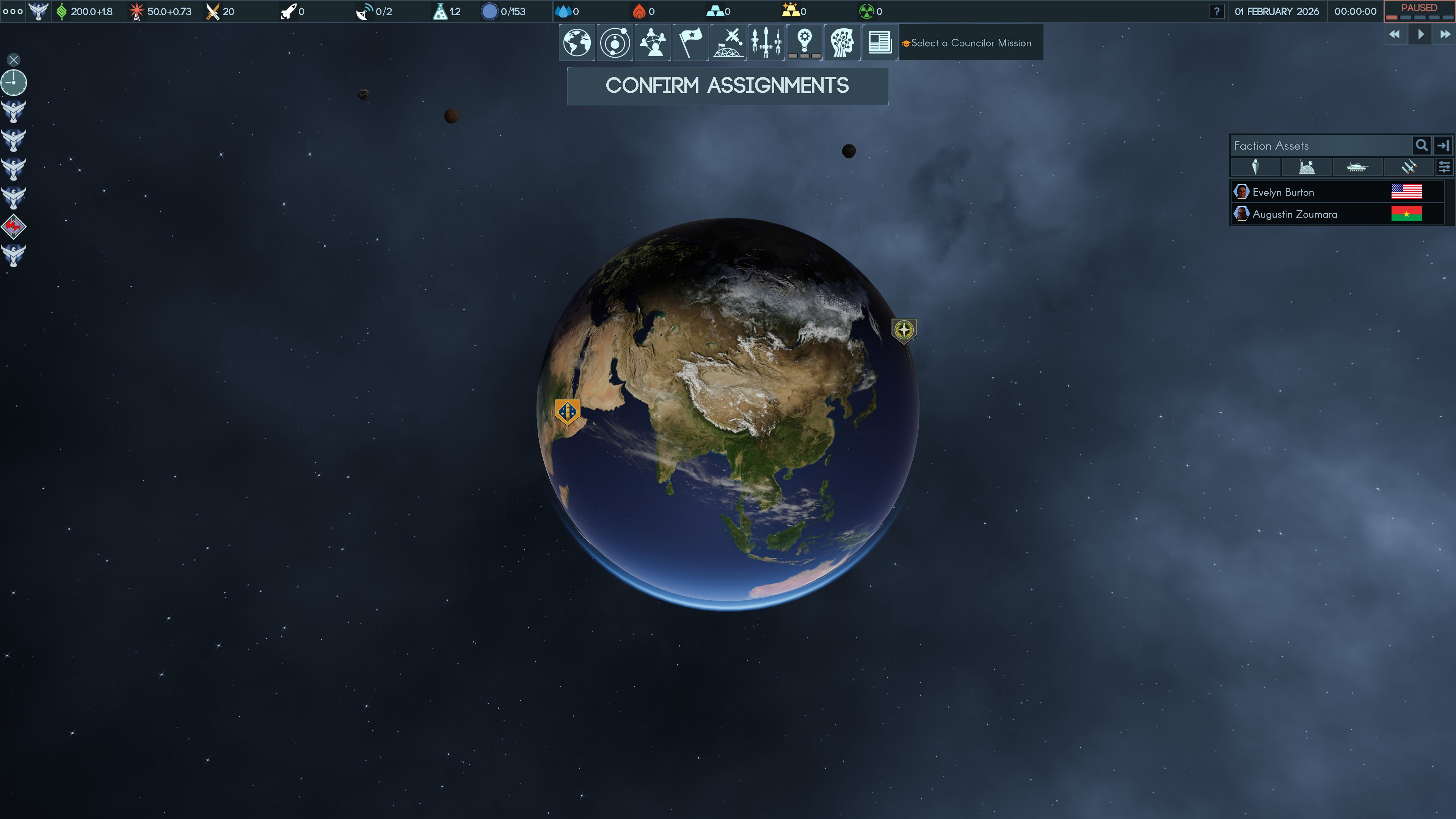Take-Two is facing a lawsuit over NBA 2K loot boxes and microtransactions
The defendants are seeking to have the suit certified as a class action.

Take-Two Interactive is facing a lawsuit over the presence of loot boxes in its NBA 2K games and the VC—virtual currency—that players use to purchase them. The suit doesn't reference the newest game in the series, NBA 2K22, specifically, but notes that games in the series are offered at standard purchase prices but then encourage players to spend even more on other in-game content.
"The fixed price model, where customers purchase NBA 2K to access its content, is deceptive where customers believe they will have a comprehensive playing experience after their transaction, only to find out the game is littered with microtransactions which are necessary for players, including minors, to advance and compete within the game," the suit states.
It's not merely the presence of the post-purchase content that's an issue, though, but the way that Take-Two offers it. Content purchases must be made using VC which can be earned through gameplay, but doing so is "difficult, time consuming, and an inconsistent process." That induces players to simply buy the VC they want, the suit claims, while discounts offered on large purchases of VC encourages them to spend more than they may need to.
The nature of VC itself is also an issue, according to the suit, because it "distances the player psychologically" from the amount of real money they've sunk into the game "by disconnecting the expenditure of real money from the products the players end up purchasing with their VC."
"This is especially the case for minors who may not have a firm understanding of the correlation between the amount of real-world money and VC spent," the suit states. "These transactions are particularly costly as the player has already spent up to $99.99 to purchase the [base] game and then is compelled to complete microtransactions, further increasing their total costs to an exorbitant price to pay to play a single video game."
The ease and convenience of the VC purchase process, and the pricing of DLC at amounts that don't correspond with VC bundles (thereby ensuring buyers always need a little more than what they've got on hand), are also cited as factors in the case, as is the absence or obfuscation of the VC refund policy.
Of course, the loot boxes themselves are also a focus of criticism: The suit says that each loot box contains a randomized selection of items, and that the odds are hidden, "luring players into making more and more purchases on the off-chance that the next lootbox will contain the item or player card they are seeking."
Keep up to date with the most important stories and the best deals, as picked by the PC Gamer team.
The plaintiff in the case is a minor represented by their guardian, who is seeking to have the suit certified as a class action. The lawsuit asks for actual and compensatory damages to be determined at trial, but says the plaintiff "plausibly seeks relief in excess of $5 million," plus costs. The lawsuit is available in full at classaction.org—I've reached out to Take-Two for comment and will update if I receive a reply.

Andy has been gaming on PCs from the very beginning, starting as a youngster with text adventures and primitive action games on a cassette-based TRS80. From there he graduated to the glory days of Sierra Online adventures and Microprose sims, ran a local BBS, learned how to build PCs, and developed a longstanding love of RPGs, immersive sims, and shooters. He began writing videogame news in 2007 for The Escapist and somehow managed to avoid getting fired until 2014, when he joined the storied ranks of PC Gamer. He covers all aspects of the industry, from new game announcements and patch notes to legal disputes, Twitch beefs, esports, and Henry Cavill. Lots of Henry Cavill.

